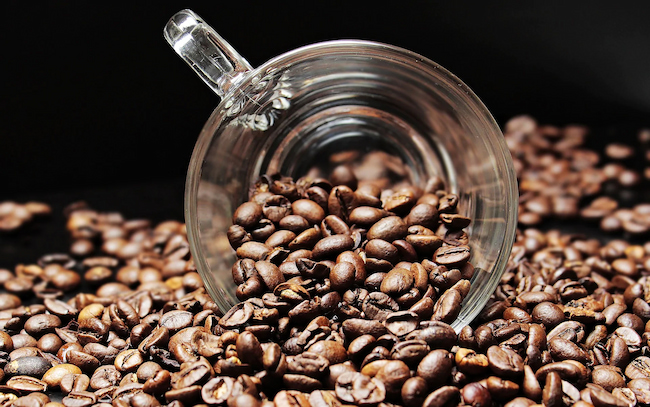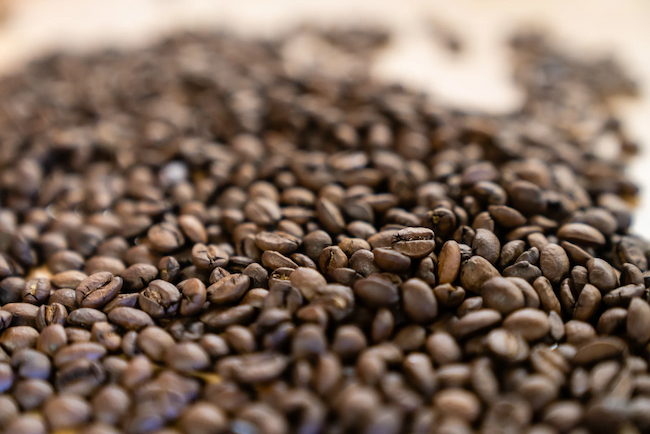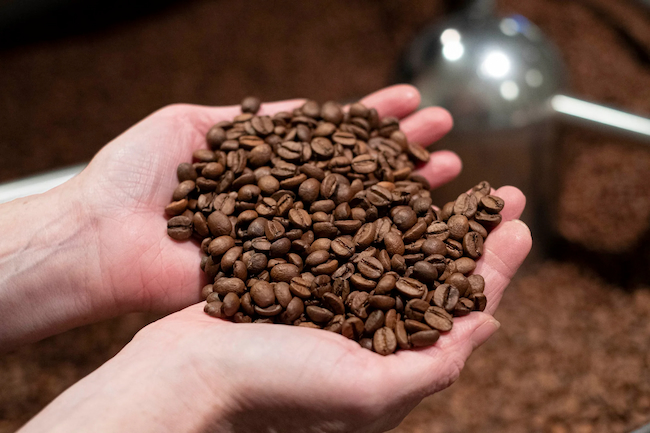Decaf coffee is no longer just for those who can’t handle caffeine or don’t want to experience the jitters. With advancements in decaffeination methods and increasing demand for quality, there’s been a “decaf coffee revolution” in recent years. Now, decaf lovers can choose from a wide variety of expertly decaffeinated coffee beans bursting with flavour. In this guide, we’ll help you explore the world of decaf beverages.
The History of Decaf Coffee
Since its introduction in the early 1900s, decaffeinated coffee has advanced significantly. The first attempts at decaffeination were achieved through the use of harsh chemicals like benzene and chloroform. These methods, however, were eventually deemed unsafe and replaced by more modern processes.

One of the most common methods for decaffeination is the Swiss Water Process, which uses water and activated carbon filters to remove caffeine without affecting the coffee’s flavour. Another popular method is the carbon dioxide (CO2) process, which uses compressed CO2 to extract the caffeine.
The Benefits of Decaf Coffee
While caffeine is a beloved stimulant for many, there are reasons why someone might switch to decaf. Here are a few advantages of drinking it:
- Less caffeine means better sleep. Caffeine can interfere with sleep; for some people, even a little can disrupt their sleep patterns. Coffee that’s decaf might enhance the quality of your sleep.
- Reduced risk of health issues: Drinking excessive amounts of caffeine has been linked to health issues such as high blood pressure, heart disease and heartburn. By switching to decaf coffee, you can reduce caffeine intake and lower your risk of these health issues.
- More options for coffee lovers: Many high-quality coffee decaf beans are available today. Decaf drinkers can enjoy the same rich, complex flavours as regular coffee drinkers without caffeine jitters.
How to Choose the Best Decaf Coffee Beans?
Now that you’ve decided to try decaf and experience the joy without the jitters, you might wonder: can you get whole decaf coffee beans? The answer is yes – you can get a single pack or bulk of decaf coffee beans and grind them yourself. Or, you might try different grinds of decaf signature blends according to your taste and how you prepare your coffee. There are different grinds for stovetops and filter coffee makers, which should be your first consideration when buying decaf beans. When it comes to choosing the best, here are some other essential factors to consider:
Process
Look for beans that have been decaffeinated using a natural process, such as the Swiss Water Process or the CO2. These methods are gentler and less likely to affect the coffee’s flavour.
Quality
Just like with regular coffee beans, the quality of the beans can vary widely. Look for bulk decaf coffee beans that are 100% Arabica and have been sourced from high-quality farms. Specialty roasters are a great source of high-quality beans.

Roast Level
The roast level can immensely affect its flavour. Lighter roasts will have a more delicate flavour profile, while darker roasts will be bolder and more robust. Choose a roast level that suits your taste preferences.
Freshness
As with any coffee, freshness is critical when it comes to flavour. Look for beans that have been roasted recently and are sold in airtight packaging.
Taste
Finally, your taste is the most significant factor. Look for beans that have tasting notes that appeal to your preferences. Whether you prefer fruity and floral notes or rich and chocolatey flavours, there is the right decaf coffee for you. Once you find your favourite flavour, buying in bulk is a good idea.
The Industry Today
The industry has also seen a rise in artisanal roasters, specialising in decaffeinated beans. These roasters take great care in selecting high-quality decaf beans and expertly roasting them to bring out the best flavours.

Additionally, the industry is poised for continued growth as more people seek decaf coffee for health or personal reasons. As coffee lovers become more discerning about the quality, we can expect to see even more innovation and improvement in the industry in the coming years.
Brewing Decaf Coffee: Tips and Tricks
Brewing decaf coffee requires the same attention and care as brewing regular coffee. Here are some tips and tricks to help you make the perfect brew:
- Use the right amount of coffee. The general rule of thumb is to use one to two tablespoons of coffee per 180 ml of water. However, you can change this to suit your taste. Too little coffee will result in a bland cup, and too much can make it excessively strong and bitter.
- Grind your beans correctly. The right grind size is essential for optimal flavour. If your coffee is a too fine grind, it can result in a bitter taste, while if it’s too coarsely ground, it can taste weak. Try out several grind sizes to see which suits you the best.
- Use high-quality water. Coffee is mostly water, so high-quality water is essential for optimal flavour. Filtered or bottled water can improve the taste of your coffee.
- Brew with the right temperature. The ideal brewing temperature for coffee is between 90 and 95℃. If the water is too hot, it can result in a burnt taste; if it’s too cold, the coffee can taste weak.
- Store your coffee correctly. Proper storage can help extend the life of your decaf coffee. Store it in an airtight container in a cool, dark place, away from moisture and heat.
- Experiment with brewing methods: There are several brewing methods, including drip, pour-over, and French press. Experiment with different techniques to find the one that brings out the best flavour for you.
























